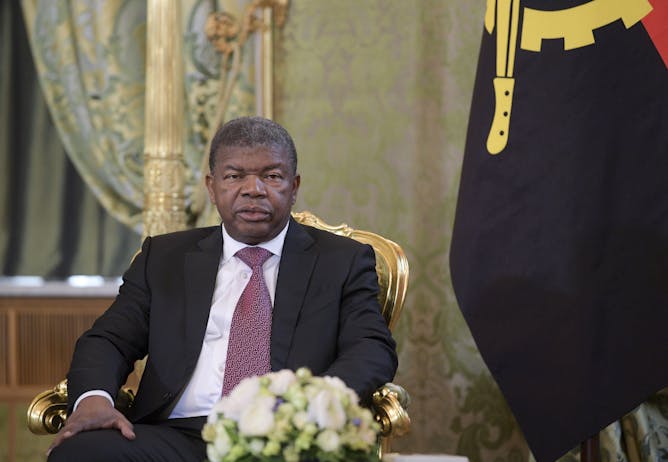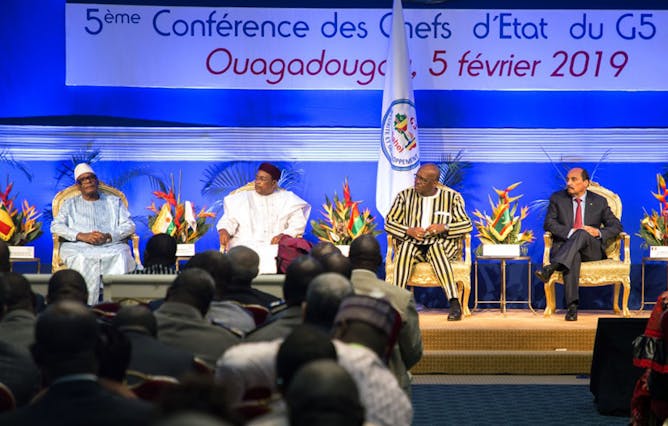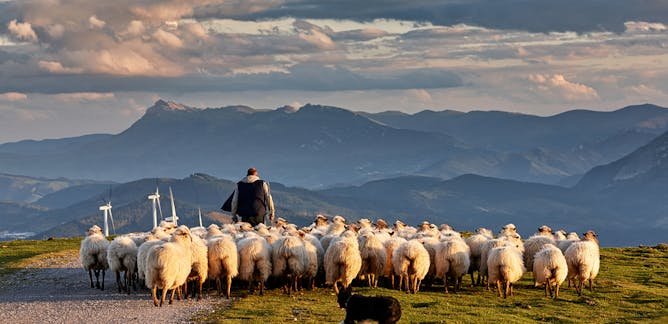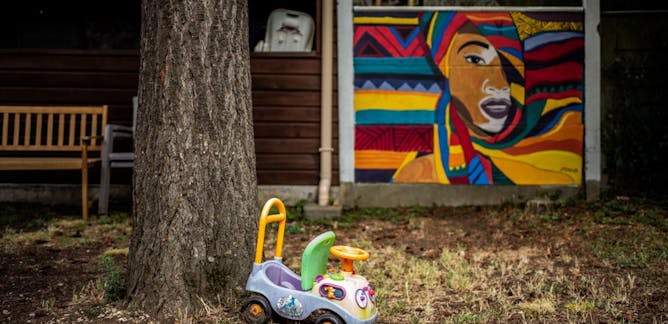|
It’s just over two years since Angolans saw the back of President José Eduardo dos Santos’ despotic 38-year rule, characterised by wasteful spending, inefficiency, politically connected monopolies and large-scale embezzlement. The new president, João Lourenço, surprised many by appearing to take the fight to the patronage networks that had formed around Dos Santos and his family. But, as Jon Schubert writes, the initial euphoria that followed Lourenço’s victory has dissipated. And Angolans feel let down.
Also today:
• The Sahel and a post-Jihadist era
• How tax revolts are made
|

Angolan President João Lourenço.
EFE-EPAAlexei Druzhinin/Sputnik
Jon Schubert, Brunel University London
The euphoria that accompanied João Lourenço's new presidency has ebbed away amid the stark realities of a profoundly dysfunctional political economy.
|

Presidents Ibrahim Boubacar Keita (Mali), Mahamadou Issoufou (Niger), Roch Marc Christian Kabore (Burkina Faso) and Mohamed Ould Abdel Aziz (Mauritanie).
Olympia De Maismont/AFP
Bakary Sambe, Université Gaston Berger
Local communities only see "crime" and "banditry" when it comes to religious-based Jihadism.
|
Business + Economy
|

Roshelle Ramfol, University of South Africa
South Africans have become more restive about paying taxes to a government mired in allegations of corruption.
| |

Vivian Hoffmann, The International Food Policy Research Institute (IFPRI)
Most of the maize consumed in Kenya is never even tested for aflatoxin.
|
|
|
Health + Medicine
|

Elmi Muller, University of Cape Town
New research supports kidney transplants from HIV-positive donors to recipients with HIV.
| |

Sabiha Essack, University of KwaZulu-Natal
It's imperative that there's research into the nature, extent, mobility and consequences of antibiotic resistance.
|
|
|
From our international editions
|

Laura Nicole Driessen, University of Manchester
Radio flare may be the result of a giant star orbiting some unusual object – a combination we have never seen before.
| |

Stefan Andreasson, Queen's University Belfast
Divestment doesn't affect global demand for oil, it just transfers power to state-run oil companies – which have higher carbon footprints. But there are other things we can do.
|
|
|
En français
|

Camille Gourdeau, Université Paris Diderot
Parmi les mesures clefs prises par le gouvernement pour lutter contre les violences faites aux femmes, la condition des femmes étrangères demeure un point faible.
| |

Frédéric Keck, Collège de France
En s’identifiant à de l’eau, des fleurs ou des oiseaux sauvages, les citoyens de Hongkong ont contesté de l’intérieur le pouvoir sacrificiel de la souveraineté chinoise.
|
|
|